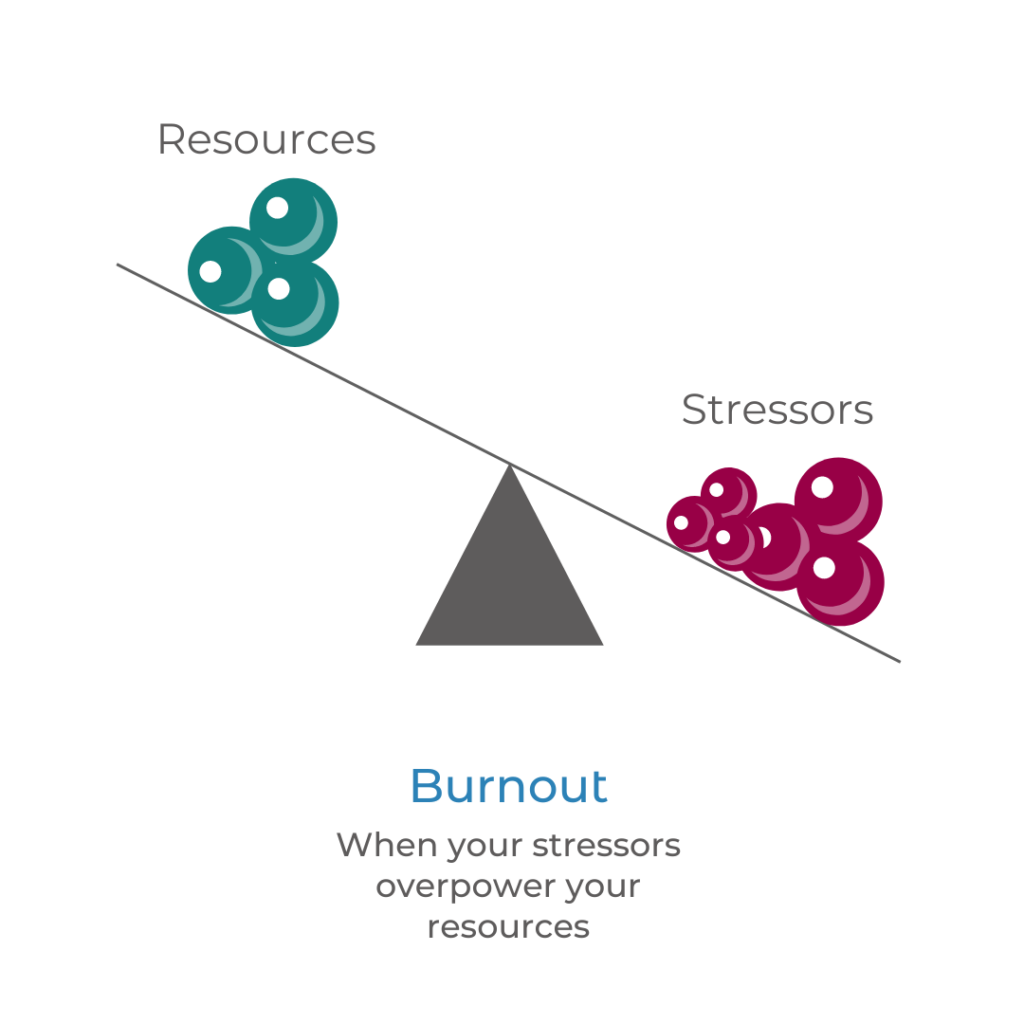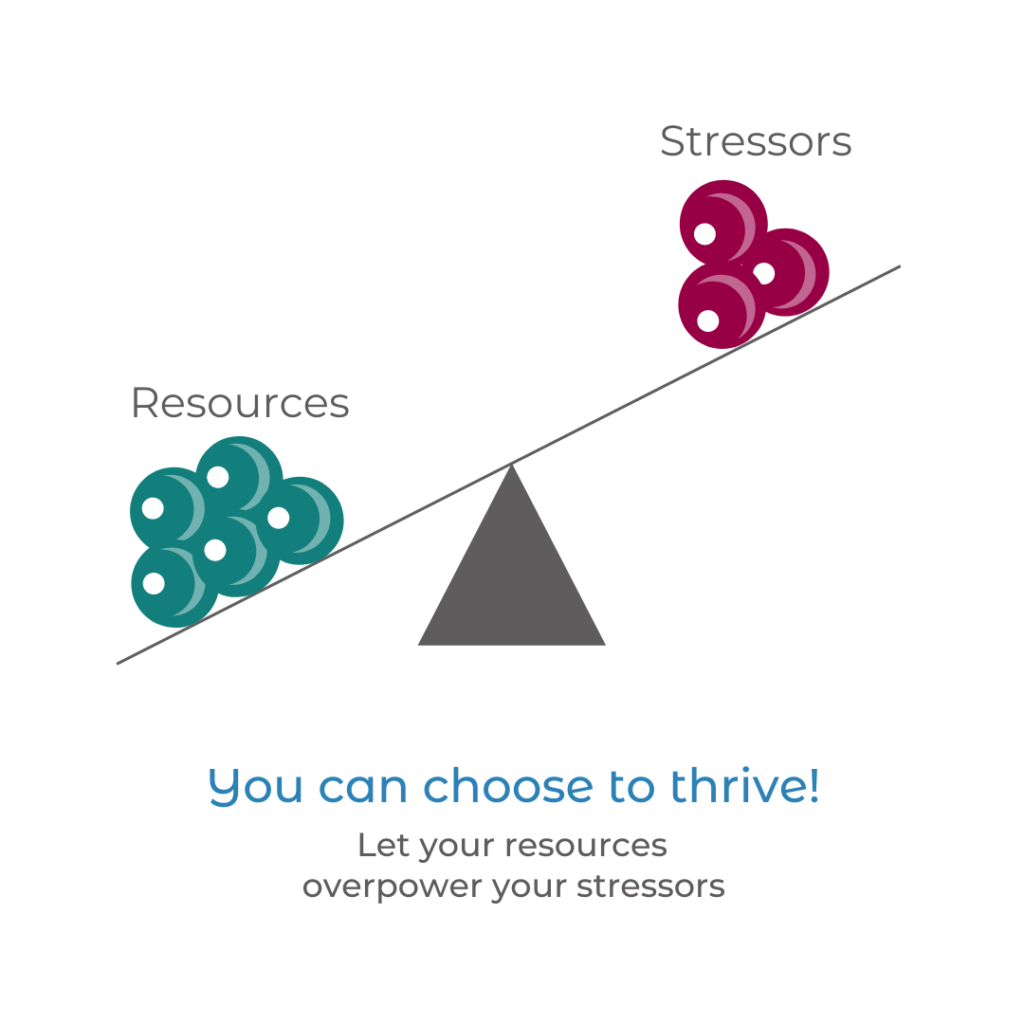In this blog post, we’ll explore practical steps for parental burnout recovery, aiming to redefine balance and restore harmony to family life.
Parenting is undoubtedly one of life’s greatest joys, but it’s also a journey fraught with challenges, stressors, and moments of exhaustion. For many parents juggling the demands of modern life, the concept of balance can feel like an elusive dream.
Parental burnout, a syndrome affecting parents exposed to chronic stress without adequate coping resources, has become increasingly prevalent in today’s society. It’s a silent struggle that often goes unnoticed, yet its impact can be profound, affecting both parents’ well-being and their relationships with their children.
Understanding Parental Burnout
Parental burnout manifests as a persistent imbalance between stress(ors) and resources, where the demands of parenthood outweigh the coping mechanisms available. This syndrome can coexist with job burnout, depression, or anxiety, compounding its effects and making recovery even more challenging.

Recognising the main symptoms is the first step towards addressing parental burnout:
- Physical and Emotional Exhaustion, permeating every aspect of life: Feeling drained, both physically and emotionally, is often the first sign of parental burnout.
- Loss of Enjoyment: Parenting loses its joy and activities that once brought pleasure now feel like chores, contributing to feelings of overwhelm and despair.
- Emotional Distancing: You may find themselves emotionally detached from your child(ren), unable to connect or engage fully in parenting responsibilities.
- Contrast: There’s a stark contrast between the parent you’ve become due to burnout and the parent you aspired to be.
Understanding the concept of ‘the Balance’
The world’s leading parental burnout researchers, Professors Isabelle Roskam and Moira Mikolajczak, have identified five categories of parental stressors and resources.
These include sociodemographic factors, situational factors, personal factors, parent-child relation factors, and family factors. Each of these factors can be considered either a stressor or a resource. Every parent has their own specific composition of stressors and resources, and how heavily a specific stressor weighs on the balance will differ from parent to parent. So everyone’s balance is absolutely unique!
The key to parental burnout recovery is analysing and re-dressing the burnt-out parent’s balance, so that resources outweigh the stressors.

While sociodemographic and situational factors may seem beyond our control, focusing on personal, parent-child, and family factors can significantly impact parental burnout.
Treatment: Practical Steps for Recovery
Recovering from parental burnout requires a multifaceted and personalised approach that addresses physiological, personal, parental, family, and social factors. Here are some practical steps to guide you on your journey to recovery:
- Physiological Recovery: Addressing basic physiological needs such as nutrition, sleep, and rest is crucial for recharging your batteries. Prioritise self-care activities that nourish your body and mind, ensuring adequate sleep and adopting healthy eating habits to support overall well-being.
- Personal Factors: Challenge the unrealistic expectations of the “ideal parent” and embrace imperfection. Practice stress management techniques such as mindfulness and meditation to cultivate resilience in the face of adversity. Explore your identity outside of motherhood, reconnecting with hobbies and interests that bring you joy and fulfilment.
- Communicating Constructively: Developing healthy communication skills is essential for navigating parenthood effectively. Practice active listening, empathy, and assertiveness to express your needs and boundaries constructively. Cultivate self-compassion, recognising that it’s okay to ask for help and prioritise your well-being.
- Parental Behaviours: Choose your battles wisely, focusing on essential parenting practices that align with your values and priorities. Create a framework for setting boundaries and enforcing consequences when necessary, promoting consistency and stability for your children. Reclaim quality time with your children, prioritising activities that foster connection and bonding.
- Family Dynamics: Examine the division of labor within your family, identifying areas where responsibilities can be shared more equitably. Communicate openly with your partner and/or co-parent (if you have one) about your needs and expectations, fostering a collaborative approach to parenting. Address the mental load, acknowledging and redistributing the invisible tasks that often fall disproportionately on mothers.
- Social Support Network: Seek support from friends, family, or support groups who understand the challenges of parenthood. Surround yourself with positive influences and distance yourself from external pressures that contribute to stress and burnout. Nurture meaningful connections that provide emotional validation and encouragement on your journey to recovery.
I realise that the list above may feel overwhelming in itself. Parental burnout is a multi-faceted phenomenon, so usually not only one of two stressors needs to be addressed and resources need to be build. For three concrete actions you can take right now, scroll to the bottom of my earlier blog post here.
Parental Burnout Recovery – Conclusion
Recovery from parental burnout and relapse prevention is absolutely possible but it requires a tailored approach based on your specific situation – as everyone’s balance of stressors and resources is unique!
Parental Burnout recovery is a journey, and progress may be gradual, but with patience, perseverance and the right support, you can reclaim joy, confidence, and ease in your role as a parent.
Are you wondering if you’re facing the normal wear and tear of being a parent or experiencing parental burnout?
Take this short quiz here.
Or book a FREE 30min online consultation with me here!



